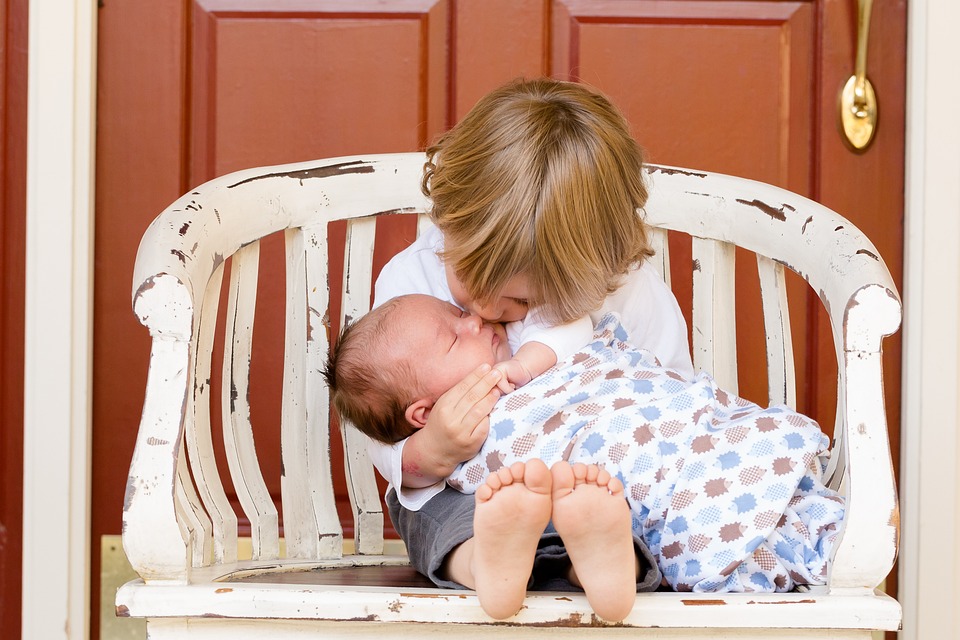It is said that children are a source of joy, that they have a desire to explore, that they seek out all things, and no wonder they are playful. Such children live everywhere, even in situations where they do not know their own parents. I am referring to orphanages. Not being able to keep their own children must already be a great pain for the parents. They fall into this situation for a variety of reasons, such as not being able to create a happy home for their child, or not being able to keep their child because the child is not yet an adult. Children\’s homes can take care of all such children. At first, the child does not know that such a fateful, life-changing decision has been made. As he begins to think about his surroundings and events in the world, he begins to wonder how, of all things, he came into the world without parents. This becomes a daunting task for tutors and tutors who have to explain this to their children.

For the child, a whole new era of life is the first grade of elementary school. Here the orphan meets other children with a major difference: they have no parents. At school, they learn the advantages of other parents by having to skip school trips and ride the bus, or by having other children drive their parents around. Parents also give them much more privacy than orphans. Orphaned children are one big family, so they are always going to each other\’s rooms. The final difference is money. Children with parents have more material goods and money than children in orphanages.

As they gradually mature, comes perhaps one of life\’s greatest challenges: moving. The orphan, already on the verge of adulthood, may exceptionally have his own siblings by his side, but his greatest support in life is his orphanage tutors, who, while always there to offer a helping hand, are not there to support him right now. Now he has to get up and live his life like everyone else.




